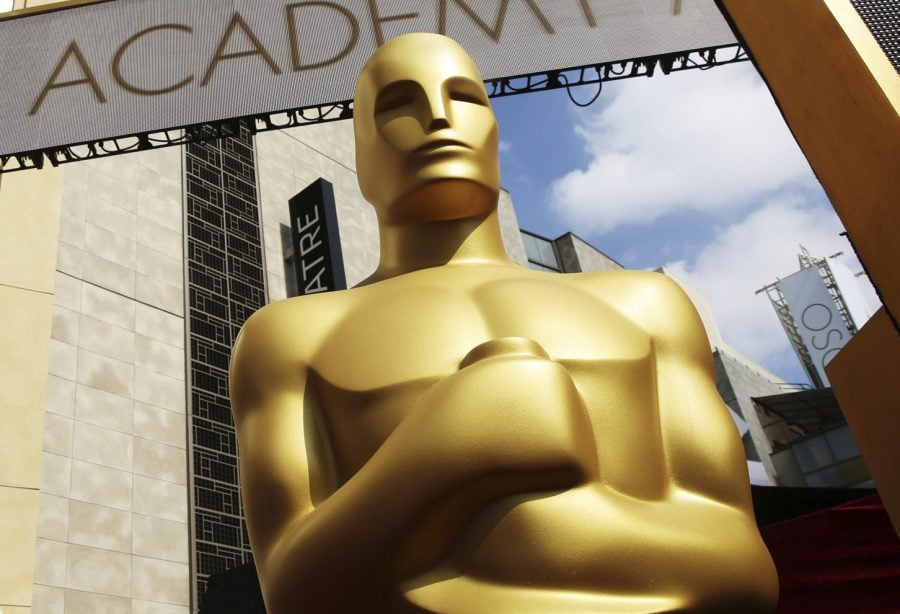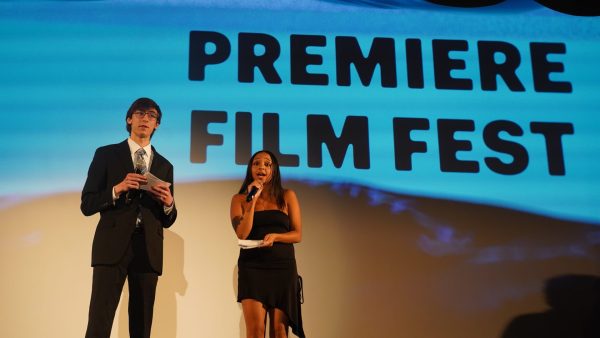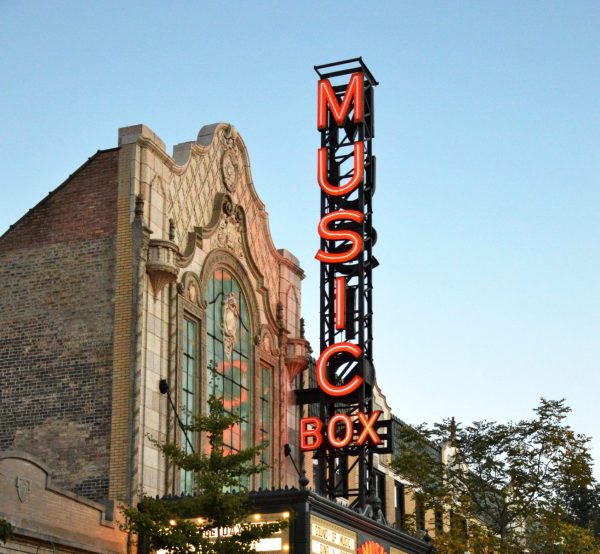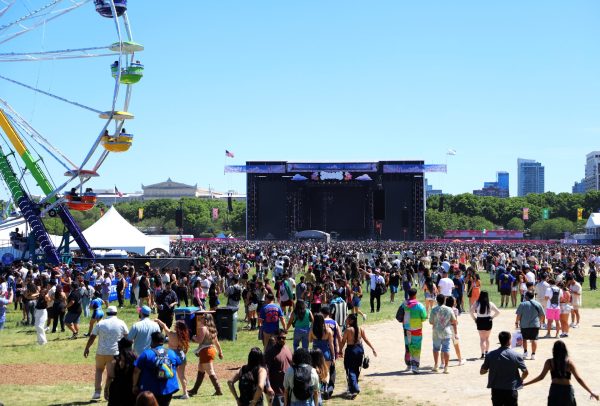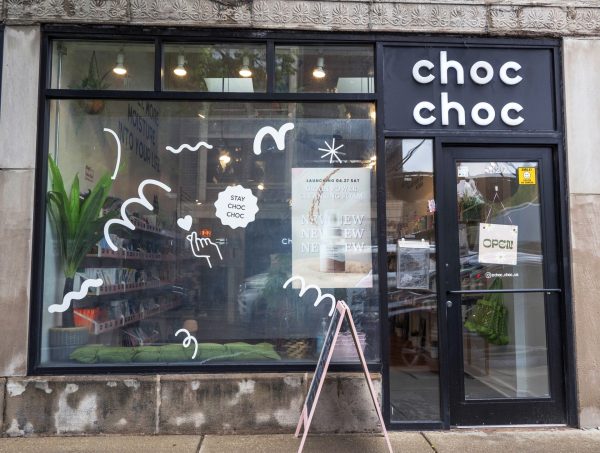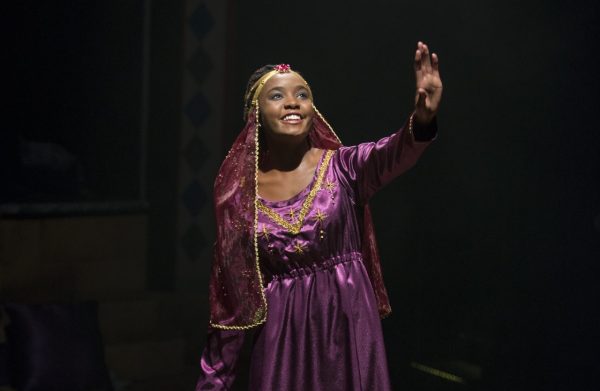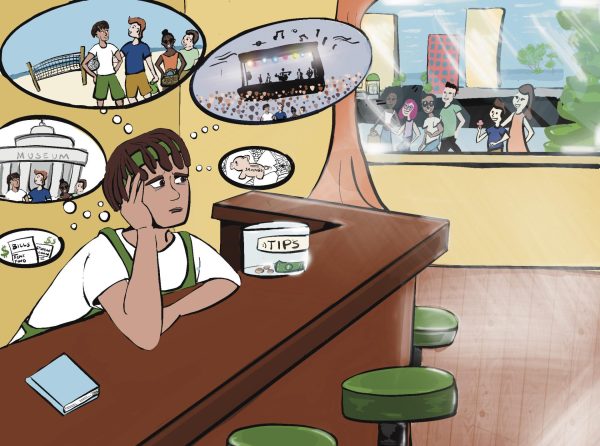Nominations point to progress problems
If you are anything like me, the morning of Oscar nominations is an event in the same vein as Christmas morning. You get to wake up bright and early (7:20 a.m.) and watch usually two celebrity guests announce who will be duking it out for the next month for the big, beautiful, golden Oscar. But it was different this year for me. The broadcast was no longer on ABC – it was streaming on the Academy’s website–and it was no longer coming from the great Samuel Goldwyn Theatre in front of a live, applauding audience. It was coming from a studio, where Kumail Nanjiani and Tracee Ellis Ross awkwardly stood amongst a cheering camera crew. It was unceremonious to say the least.
Yet, this was not all that changed. There simply was a lack of excitement around the awards race. After an all-time low in the Golden Globes and an underwhelming run all-around from other awards departments, the Oscars seemed slightly doomed to fail, especially after how exciting and diverse last year’s nominees were.
The nominees this year were underwhelming, but even worse, they were simply boring. Last year’s nominees were invigorating, displaying a wide variety of films from smaller arthouse fare, like “Call Me By Your Name.” There were unique genre pictures like “Get Out” and “The Shape of Water.” And, thankfully, we had masterpieces from widely respected auteurs like “Dunkirk” and “Phantom Thread,” the latter of which was a film that was largely omitted from all other awards races, a rarity for a Best Picture-nominated film. 2018 was most definitely a peak year for the Academy, so maybe this year was destined to disappoint. But this was just depressing.
The Best Picture race, the crown jewel of the whole show, offered up just eight nominations, with only three of them (“Roma,” “The Favourite” and “BlackKklansman”) eliciting strong positive reaction around film circles. All eight of them were totally expected and some of them unfortunately so. Controversial pics “Green Book” and “Bohemian Rhapsody” enraged many fans for many of the same reasons that they did when they won big at the Golden Globes. Both are woefully misguided films with problematic behind-the-scenes stories and filmmakers behind them.
The implications of these films sweeping the awards season are grim, as they show a lack in the state of Hollywood’s progression with the times. Both are films that take big, inspiring, radical figures (Don Shirley and Freddie Mercury, respectively) and reductively size their struggles down to an offensive degree to make it palatable to a wide commercial audience. It is a nasty habit that Hollywood seemed to be on its way to slowly phasing out, but now two colossal examples of this trend sit firmly at the top. To make matters worse, cherished films like “If Beale Street Could Talk,” “First Reformed” and “Widows” sat on the sidelines with very few or robbed of any nominations.
This was not all bad, however. Screen legends Glenn Close and Sam Elliot garnered key nomination, Spike Lee scored his first directing nom and, finally, we get to see Foreign Language Films branch beyond just their one category with hits like “Roma” and “Cold War” collecting multiple nominations. It’s not a lot, but we should take what we can get and hope that when the 92nd Academy Awards nominations come around, they’ll represent a far more positive trend, not just in quality, but representation.


